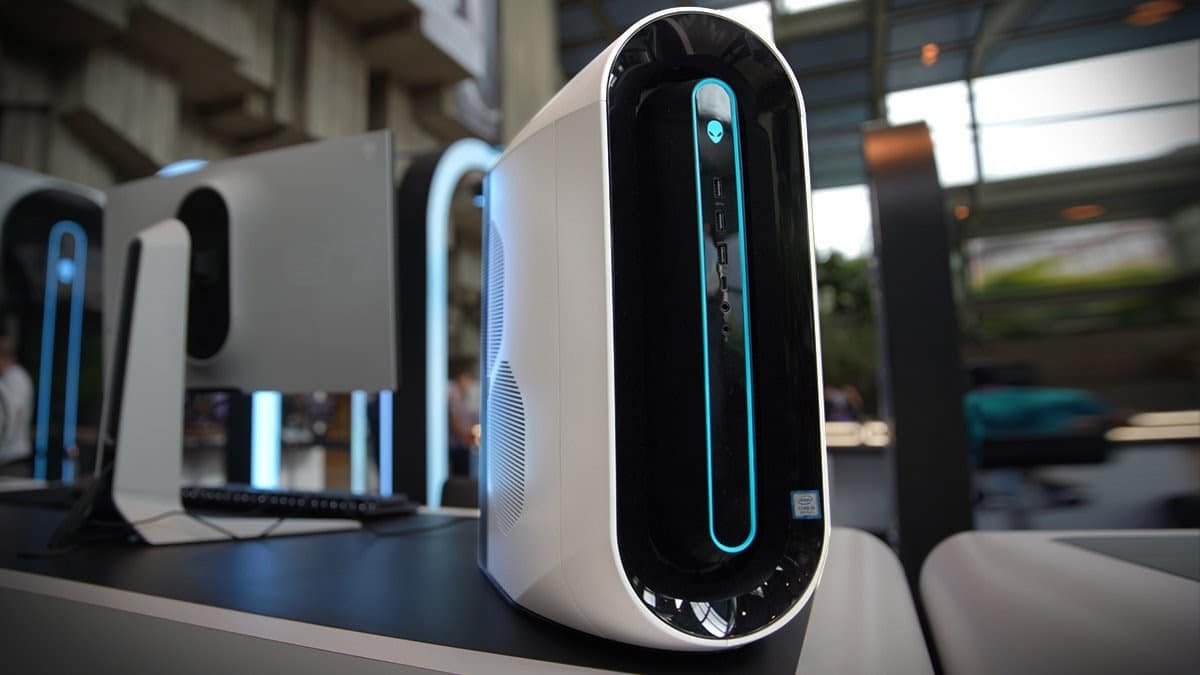Students often take a gap year to improve their chances of getting admission in a better university. However, it is important to understand that taking a study gap without a valid reason can lead to a lot of complications during the application process.
The US education system accepts a one-year break, but students must provide sufficient justification and evidence for longer gaps.
1. Education Backlog
Backlogs in studies are a common issue that can prevent students from graduating on time. However, they can be overcome if you have the determination and dedication to improve your academic performance.
Most universities accept applicants with backlogs, but the number of backlogs depends on the university you are applying to. Generally, 2 to 3 backlogs are acceptable; however, you will need to provide a backlog certificate as proof of your academic record.
Some universities may also have a cap on the number of backlogs you can have, so it is important to research these details before applying. Most prestigious universities will select candidates based on their overall academic performance, including standardized test scores.
2. Personal or Medical Issues
When applying for a student visa, you must be able to demonstrate that you have strong ties to your home country and that you intend to leave the United States after finishing your studies. This requires that you explain any past visits and stays in the United States, any prior visa statuses held by you or your family members, and your previous violations of immigration status.
A consular officer may also ask about your spouse and children, especially if you have a family member who is currently living in the United States. It is important to be able to explain how you plan to support your spouse and children in the United States.
The consular officer will examine your financial and academic records to determine if you are eligible for a student visa. You must be able to provide supporting documentation that shows you have the funds necessary to pay for your tuition, travel and living expenses while in the United States.
3. Extracurricular Activities
The extracurricular activities you list on your college application can have a significant impact on the admissions process. They give the admissions officer an overall view of your personality, interests, and abilities apart from your GPA and test scores.
They are also important for building your life skills, enriching your social life, and helping you develop a sense of identity. They can even help you decide what career or field of study to pursue in college.
The key to a successful extracurricular activity is authenticity, commitment, and achievement. Colleges don’t want a laundry list; they want to see evidence of what you actually do outside of the classroom and how you’ve invested your time.
4. Work Experience
Work experience is a great way to add valuable skills and experiences to your resume. These programs connect students with employers who pay them a wage in exchange for their services.
The key is to choose a program that offers the kind of work that you want to do in your field. Then, apply for it early to make sure you’re on track to get your visa approved.
Optional Practical Training (OPT) is a form of employment that allows you to work up to 20 hours per week while you’re studying on an F-1 visa. The Department of Homeland Security also provides Curricular Practical Training (CPT), which gives you the chance to work for a year in your field after graduation.





